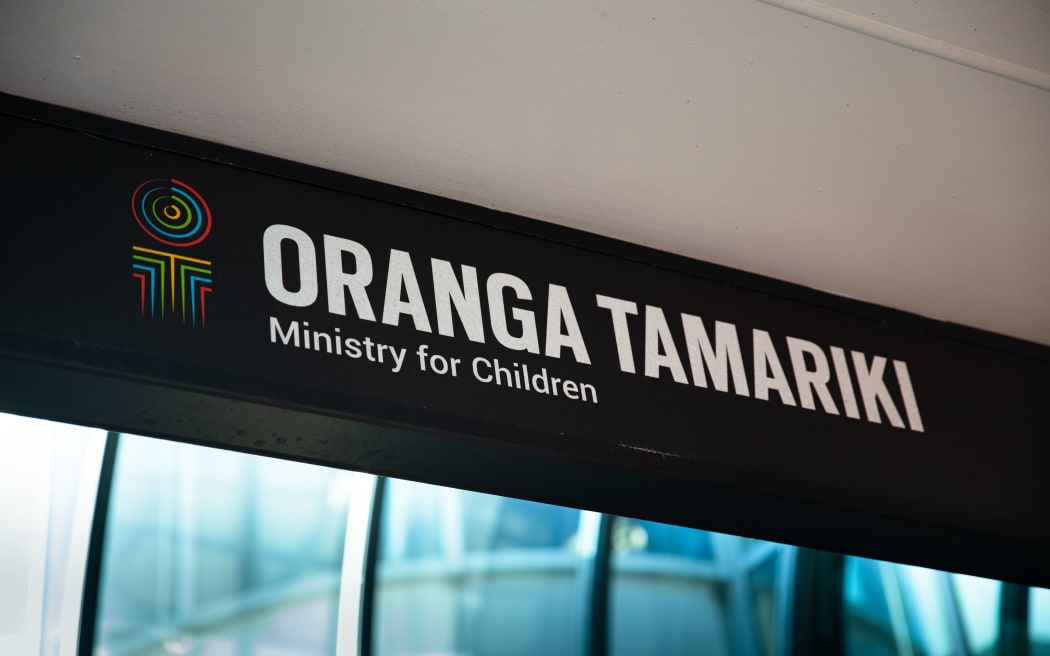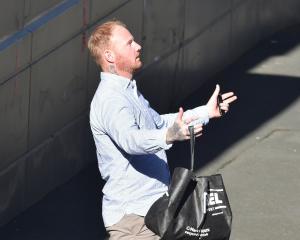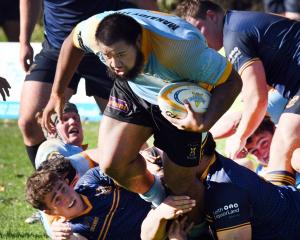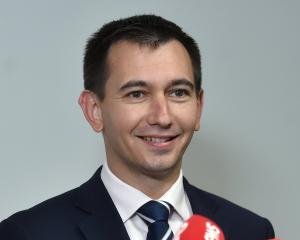
Oranga Tamariki’s youth offending support pilot was launched in Dunedin last month, with five under-13-year-olds already enrolled.
Fast Track is a nationwide programme that provides intensive support for youth offenders between 10 and 13 with the goal to stop them reoffending.
It has been rolled out in regional centres such as Christchurch, Hamilton and Rotorua.
Its launch in Dunedin comes as youths are increasingly hitting the headlines for stealing cars — often Toyota Aquas and Mazda Demios — and leading police on car chases.
Oranga Tamariki South Island regional youth justice manager Rachel Hohaia said the programme, called Ūkaipō in Dunedin, was rolled out in the region last month.
Ms Hohaia said they were now three weeks into the programme and the Ūkaipō team were working with five children.
"Five is a number we would have expected in the first few weeks.
"This is a small number of all children, and are those that have been involved in some quite serious and persistent offending."
The referral process was initiated through the police when they identified children committing crimes.
The response to the referral was a quick, child-centred and co-ordinated response between several agencies, aimed at stopping the chance of the child reoffending.
Nationally, almost 400 children were enrolled in Fast Track programmes since its introduction, and about 28% of them had gone on to reoffend.
Ms Hohaia said a quick response was a key part of the programme’s success and someone would meet the child and their families within 24 hours following an arrest.
The Ūkaipō team responded and visited the child’s home after the police referred the child to Fast Track.
The team started by talking about what was going on in the home and within the family, what the child was struggling with and what they needed support with.
The end goal was to curb the child’s offending and keep them out of the justice system, and set them on a better and more secure path for their future.
Ms Hohaia said the age group they were targeting was generally younger than those who went through the youth justice system.
"These are the 10 to 13-year-olds, and the majority of the system are 14 to 18-year-olds, so it is intensive, fast and it is at an age that we know if we intervene earlier there is a larger chance we have to steer that child off the path of offending."
Advertisement












